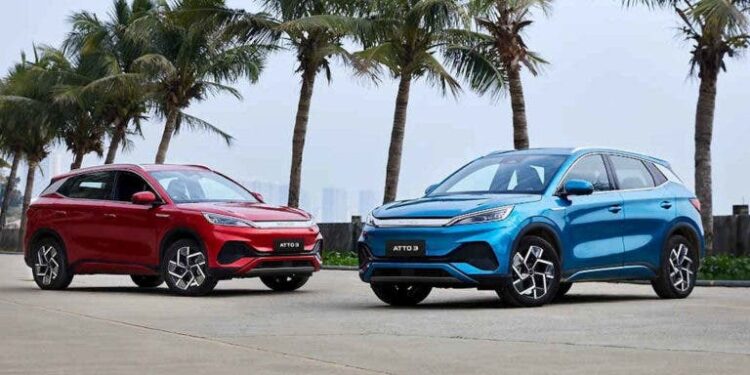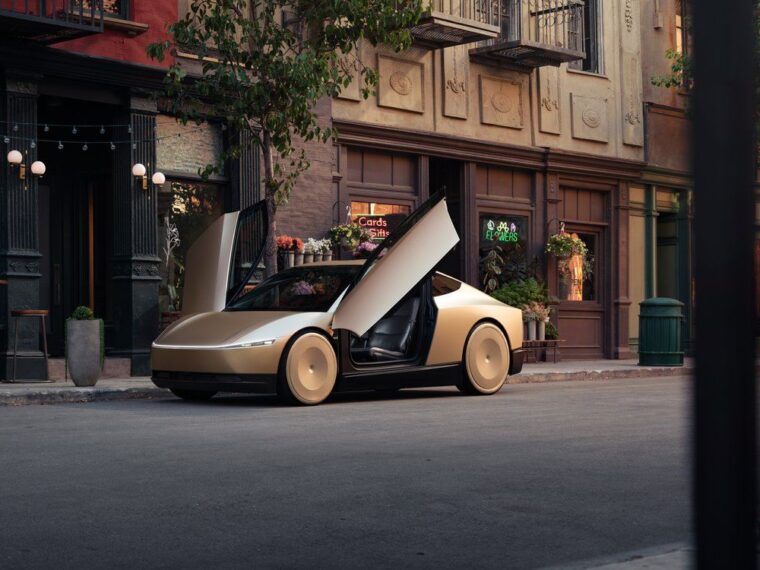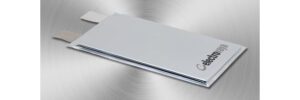The Philippines is quickly becoming a hot spot for electric vehicle (EV) makers, thanks to its zero tariff on importations, favorable supply chain, and second largest access to nickel deposits in the region. BYD, the world’s second largest EV maker, is currently scouting three locations for its estimated $500 million assembly plant, with the Philippines being one of them.
The Philippine Board of Investments (BOI) has been actively assisting BYD in its search for a possible location to locate its multi-billion-peso assembly plant. Last January, the BOI announced BYD’s interest in locating a plant in the country, but also said Vietnam and Indonesia are competing for the same space.
The country’s Electric Vehicle Industry Development Act (EVIDA) has been instrumental in encouraging importers to look at the Philippines as destination of its products and even assembly. EVIDA has components that favor setting up and maintaining charging stations, importation of charging station equipment, and vehicle purchase incentives. Additionally, Executive Order (EO) 12 was issued reducing the tariff rates on battery-electric vehicles (BEV) to zero for a period of five years.
Nickel reserves in Indonesia and the Philippines account for nearly half the world’s nickel production. This has led to the establishment of a battery manufacturing plant initiated by Indonesia Battery Corp (IBC) in a consortium led by South Korea’s LG Group. An initial investment of about US$1.2 billion was put in the project, which is expected to operate by the second half of this year and directly source its nickel requirements in the region.
BYD is already present in the Philippines successfully selling its EVs to a niche but moneyed market. The car distributorship has not relented in its promotion of EVs, and is leading other companies in terms of mix and availability. It has also pioneered in setting up charging stations in the areas in which it is most popular. In 2022, BYD sold a total 911,141 battery-electric vehicles, which is triple the increase versus 2021 sales of over 597,000 cars.
The Philippines is an attractive destination for EV makers due to its zero tariff on importations, favorable supply chain, and second largest access to nickel deposits in the region. The country’s Electric Vehicle Industry Development Act (EVIDA) has been instrumental in encouraging importers to look at the Philippines as destination of its products and even assembly. With BYD already present in the country and successfully selling its EVs to a niche but moneyed market, it is no surprise that the Chinese EV assembler is seriously considering the Philippines for its multi-billion-peso assembly plant.
FAQ
Q1. How electric car chargers work?
A1. Electric car chargers work by connecting to an electrical outlet and providing power to the car’s battery. The charger then converts the electricity into a form that the car’s battery can use.
Q2. What electric car has the longest range?
A2. The Tesla Model S has the longest range of any electric car currently on the market, with a range of up to 370 miles on a single charge.
Q3. How electric car batteries are recycled?
A3. Electric car batteries are recycled by breaking them down into their component parts and then separating out the metals, plastics, and other materials for reuse. The metals are melted down and reused in new products, while the plastics and other materials are recycled into new products.





